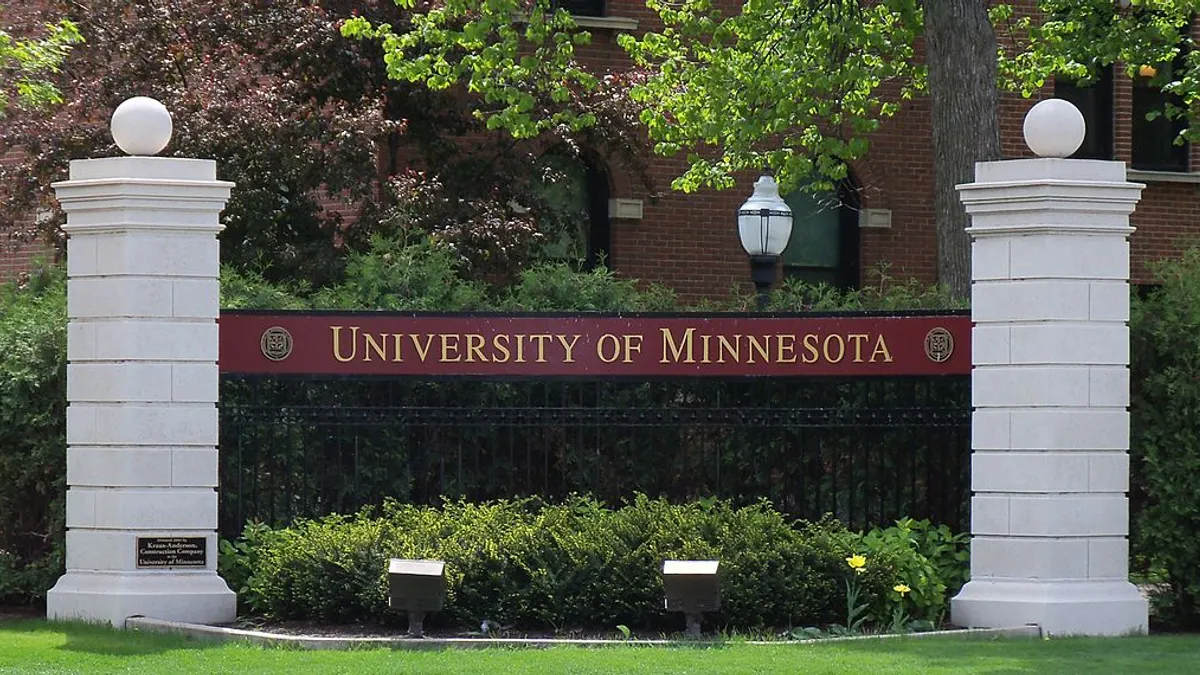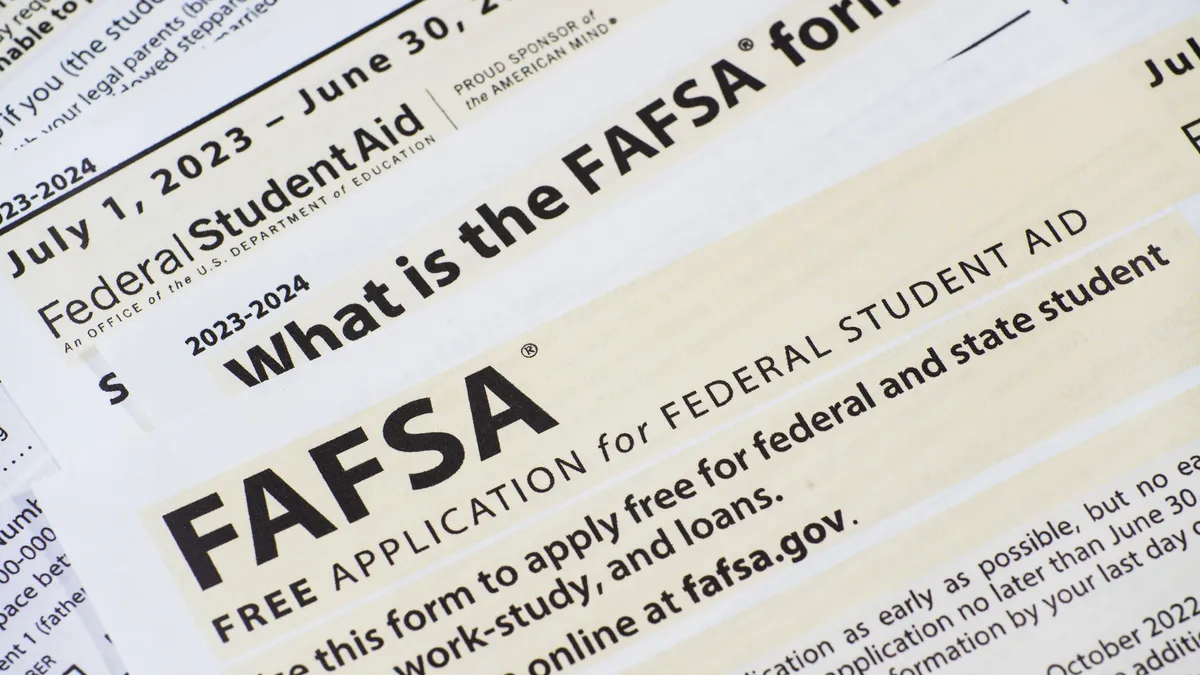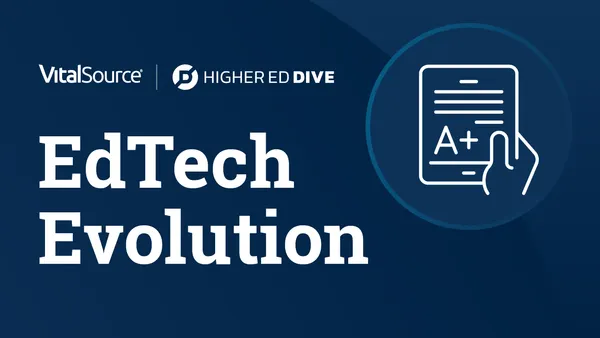Administrators in higher education will need to accommodate asynchronous learning, according to a study from Ivy.ai. While the COVID-19 pandemic forced the adoption of remote learning, the option cannot be a binary choice.
Ivy.ai's Future of Higher Ed study reports that 77 percent of recent college graduates stated that they utilized distance learning while attending their institution. However, 37 percent of those students said the current online learning experience needed improvement.
With recent graduates spending as many as three semesters in an asynchronous environment and some having joined a remote workforce straight out of college, VP of Partnerships Mary Frances Coryell believes it's time for the higher education experience to match the professional environment.
"Most 2020 graduates that received jobs out of college automatically received the freedom to work wherever they wanted and worked flexible hours," Coryell said. "Institutions owe it to their student body to start replicating the future work experience sooner, rather than later."
The study found that students aren't necessarily looking for entirely remote learning environments. Although some students took classes while living with their parents or in a vacation destination, many are simply looking for a change of scenery on-campus. Social distancing guidelines made traditional study areas such as libraries and student unions obsolete while more scenic outdoor areas like the campus garden gained popularity.
Despite a desire to learn in diverse environments, Ivy.ai reports that most students lacked the technological infrastructure to attend class on their terms. The Future of Higher Ed report indicates that 27 percent of students blamed spotty internet access on campus as an obstacle to their success while 25 percent said a lack of availability to reliable technology hindered their experience.
"Most department buildings and libraries are well equipped to give students fast, reliable Wi-Fi as long as they're indoors," Coryell said. "During the pandemic, we found the lack of coverage outside to be problematic because students didn't necessarily know which buildings they could enter safely. This created a significant inconvenience to students who wanted to stay on campus."
The report recommends that if institutions want to attract students in the future, they should be prepared to invest in having fast Wi-Fi everywhere on campus. For students who want to learn off-campus, Coryell believes that institutions should provide adequate remote support at all hours without showing any favoritism towards students that are physically in the classroom.
The Ivy.ai report specifically notes that community college students specifically require additional support remotely due to living in areas too far from campus, and need resources to learn remotely. According to the Future of Higher Ed report, 45 percent of community college students said they strongly agreed that having online learning available influenced their decision to attend an institution.
Now that students have learned remotely through at least one year of their life, it's expected that providing a diversity of options will be a requisite for an increasing number of prospective learners.
Coryell believes this new desire shouldn't concern administrators - rather it should be seen as an opportunity to create a better student experience.
"IT is going to play a more important role than ever before," Coryell said. "Institutions will finally be pushed to realize that they have no choice but to look towards undergoing a digital transformation if they hope to attract students in the near and distant future."
Higher education professionals can find insights and recommendations from the report by downloading the report from Ivy.ai.










